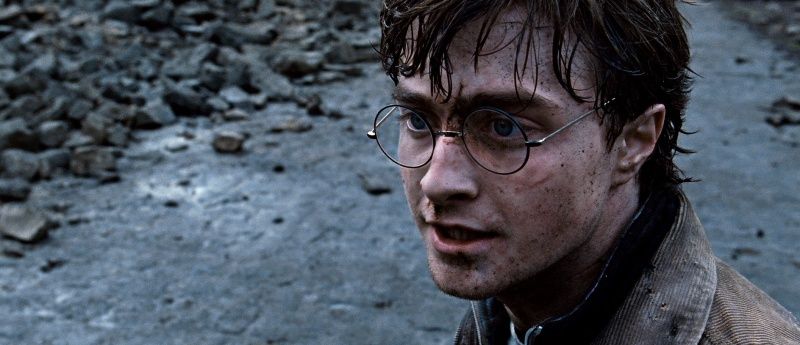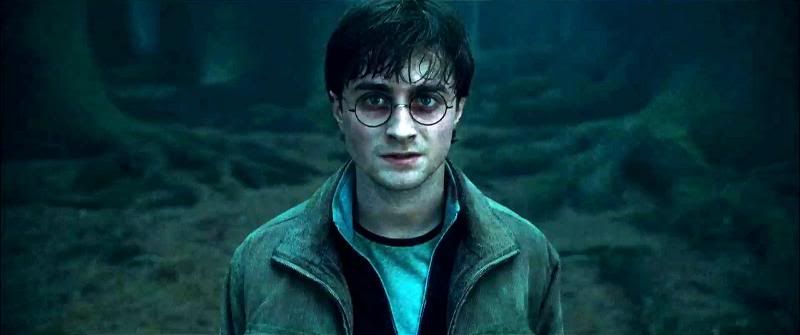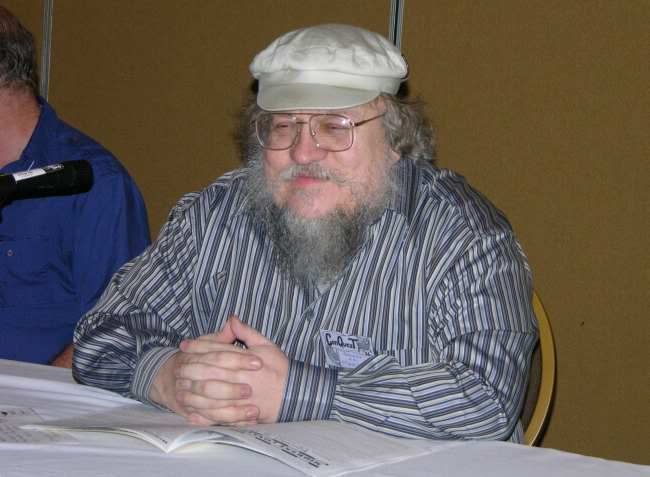
Last week we talked about the Chosen One. Specifically, we talked about how the Chosen One’s starting to look a little creaky and doesn’t hold up in modern storytelling. In all honesty, the divergence of heroes from the idea of them being the Chosen One is nothing new. Nobody would call Jay Gatsby, a ‘self-made’ man, or Holden Caufield, a disenfranchised youth on the cusp of adulthood, anything resembling ‘the Chosen One.’ But rather than diving into these great American novels (which you can do here and here, respectively), let’s stick with Harry Potter. Since we dissected the young wizard last week, let’s examine the anatomy of this would-be hero.
Also, while I refer to the main character as a ‘hero’, you can easily swap in ‘heroine’. These attributes have nothing to do with gender. Or species. But let’s get into it before I get bogged down in semantics.
First and foremost, as mentioned last week, Harry remains a human being throughout his arc. I don’t mean that he doesn’t evolve into a centaur or something; his emotions and thoughts and growth stay very grounded. This is essential for a would-be hero. Say what you want about Luke Skywalker’s whining or Steve Roger’s aw-shucks approach to others, they are part and parcel of the characters’ core and growth. Luke has to lose his innocense, Steve is faced with a world that cares nothing for his ideals, and Harry must overcome his initial adoration for the wizarding world to deal with the challenges to come.
What makes a hero a hero, in addition to being human, is a willingness, reluctant or otherwise, to put that humanity and their personal needs and wants aside for something greater than themselves. This is a conscious choice they make, a decision based on their situations and the abilities and resources at their disposal. Instead of it just being part of their destiny, the hero weighs the options in front of him and chooses the harder path, the one towards danger, the one that does not guarantee a happy ending.
And given that the hero is human, and that they made this hard choice, you can be certain things are going to go wrong. The machinations of the villains may not even need to become involved, either. Part of what makes a hero heroic is how they deal with adversity, and that includes their own fuck-ups. And the thing about human beings is, sooner or later, they are going to fuck up. The mistake can cause the hero harm, force the loss of progress, or even cost them the life of someone dear to them. But tragic or unfortunate as the moment itself can be, it’s the moments after that show us what a hero is really made of. Beyond any yammering about destiny or curses or fate or intervention, it is in these darkest moments that the heroes we remember, that we adore, that we idolize, shine the brightest.
These are what I consider to be the essential parts of a hero. Feel free to leave anything I might have missed in the comments!




